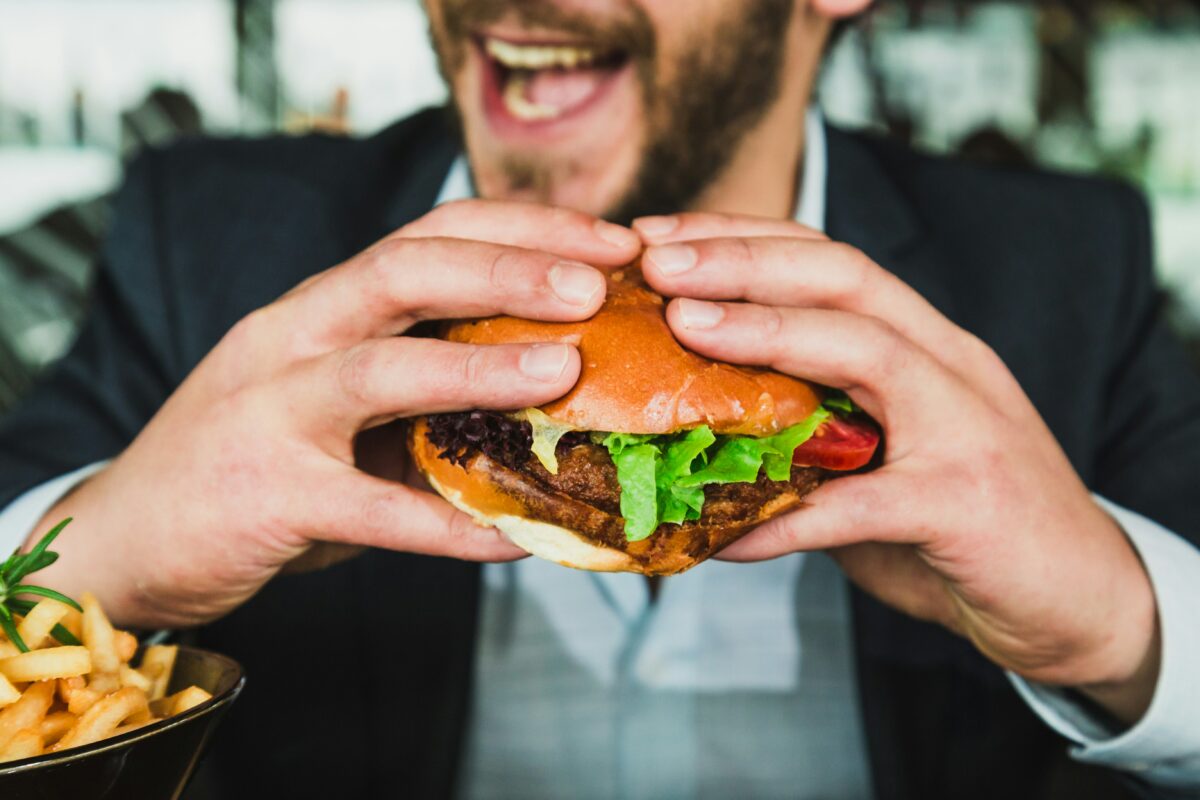If you’ve ever smoked or consumed cannabis, you might be familiar with the phenomenon known as “the munchies.” It’s that sudden, intense craving for food that can hit, sometimes leading to a deep dive into your kitchen cupboards. But why does cannabis cause this surge in appetite? Understanding the science behind the munchies can shed some light on this curious side effect.
The Role of THC
The primary culprit behind the munchies is tetrahydrocannabinol (THC), the psychoactive compound in cannabis that’s responsible for its mind-altering effects. THC interacts with the body’s endocannabinoid system, which plays a crucial role in regulating mood, memory, pain, and—importantly—appetite.
When THC binds to cannabinoid receptors in the brain, particularly the CB1 receptors, it triggers a series of effects that lead to increased appetite. One of these effects is the stimulation of the brain’s olfactory system, which enhances your sense of smell. This heightened sense of smell makes food aromas more intense, often making food seem more appealing and delicious, which can contribute to the urge to eat.
Impact on the Brain’s Reward System
Another key factor in the munchies is how THC affects the brain’s reward system. THC increases the release of dopamine, a neurotransmitter that plays a major role in the sensation of pleasure. When you eat, dopamine is released, making the act of eating more enjoyable. Under the influence of THC, this reward system becomes more sensitive, making food not only smell and taste better but also feel more rewarding. This can lead to eating more than you normally would, even if you weren’t particularly hungry before consuming cannabis.
Ghrelin and Hormonal Changes
THC also influences the production of ghrelin, a hormone often referred to as the “hunger hormone.” Ghrelin is naturally produced in the stomach and signals the brain when it’s time to eat. When THC enters the bloodstream, it causes an increase in ghrelin production, sending stronger signals to the brain that the body is hungry. This hormonal shift can make you feel ravenous, even if you’ve recently eaten, further fueling the munchies.
Why It Matters
Understanding why munchies happen goes beyond just explaining a quirky side effect of cannabis use. For some, particularly those using cannabis for medical purposes, the munchies can be beneficial. For example, patients undergoing chemotherapy or those with conditions that suppress appetite might use cannabis to stimulate hunger and help maintain a healthy weight. On the flip side, for recreational users or those concerned about weight gain, knowing how cannabis affects appetite can help manage consumption and make more mindful choices about when and what to eat.
So, next time you find yourself reaching for snacks after a toke, you’ll know that it’s not just your imagination—there’s real science behind that craving. Whether you embrace the munchies or try to resist, it’s all part of the complex interaction between cannabis and the body, reminding us of the intricate ways in which this plant can influence our everyday experiences.

